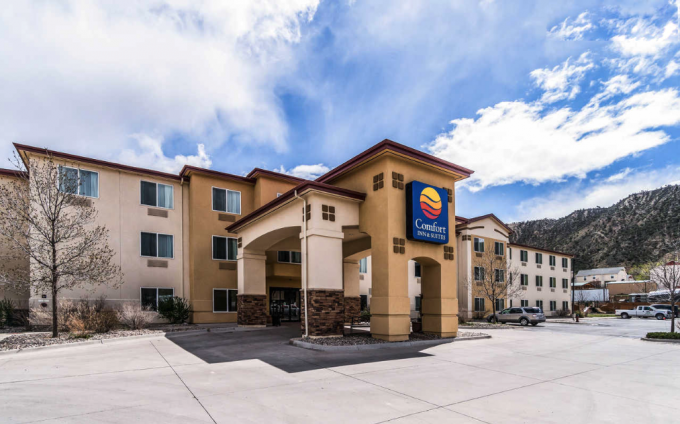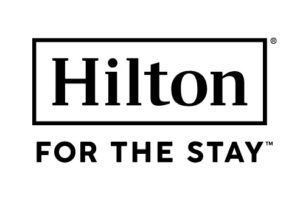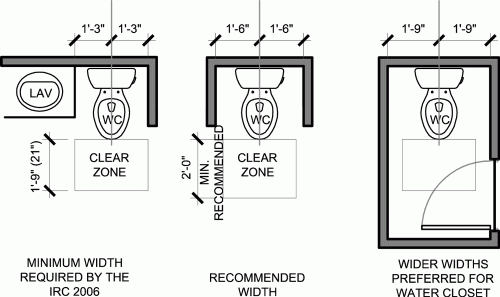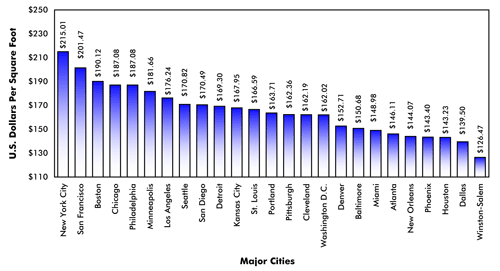Key Performance Indicators in the Hotel Industry: Measuring Success and Opportunity
Key Performance Indicators (KPIs) are essential in the hotel business. They help measure performance, evaluate new locations, and guide business decisions. Both hotel developers and operators rely on these metrics to determine profitability, market viability, and growth potential.
Understanding the Role of KPIs
Key Performance Indicators in the Hotel Industry provide a snapshot of a hotel’s financial health and operational performance. For new construction, KPIs help evaluate whether a location can support a new property. For existing hotels, they determine whether the property meets revenue and occupancy targets. By comparing KPIs across similar properties or competitive sets, hotel owners and investors can make informed decisions.
ADR: Average Daily Rate
Average Daily Rate (ADR) is a core metric in the hotel industry. It measures the average rental income per paid occupied room. ADR is calculated using the following formula:
ADR = Total Room Revenue ÷ Number of Rooms Sold
For example, if a hotel earns $25,000 in room revenue from 100 rooms sold, the ADR is $250. A higher ADR indicates that the hotel can command premium pricing, possibly due to location, brand, or amenities.
RevPAR: Revenue Per Available Room
Revenue per Available Room (RevPAR) evaluates both room rate and occupancy. It’s calculated by multiplying the ADR by the occupancy rate or dividing total room revenue by total available rooms.
RevPAR = ADR × Occupancy Rate
or
RevPAR = Total Room Revenue ÷ Total Available Rooms
RevPAR helps hoteliers understand how efficiently rooms are generating revenue. A rising RevPAR usually means the property is improving its financial performance.
Occupancy Rate
Occupancy Rate measures the percentage of available rooms that are actually rented. It’s calculated as:
Occupancy Rate = Rooms Sold ÷ Rooms Available
For example, if a 150-room hotel sells 120 rooms in one night, the occupancy rate is 80%. This metric is especially important when paired with ADR to gauge pricing strategies and market demand.
Evaluating New Hotel Sites
For new hotel developments, developers and investors examine KPIs for comparable properties in the area. These indicators include:
-
Local ADR and RevPAR trends
-
Occupancy rates for similar brands
-
Proximity to tourist attractions, business centers, or transportation hubs
-
Market segmentation and demand generators
Hotel brands often provide feasibility studies that incorporate KPIs to validate the investment potential of a new site.
Franchise Support and Brand Value
Major hotel flags like Marriott, Hilton, and IHG offer more than just a name. They provide extensive sales support, training, and reservation systems. Their loyalty programs—like Marriott Bonvoy or Hilton Honors—boost occupancy and guest retention. These systems increase RevPAR and overall revenue.
Hotels that align with trusted brands often outperform independent hotels in visibility, customer acquisition, and retention.
Conclusion: KPIs Drive Hotel Strategy
KPIs are more than numbers—they’re tools for decision-making. From site selection to operations, KPIs help hoteliers optimize performance and improve returns. Understanding ADR, RevPAR, and occupancy empowers owners to stay competitive in a crowded hospitality landscape.
At EVstudio, we support hotel developers by understanding how KPIs influence site planning, design efficiency, and long-term viability. Our expertise helps translate performance goals into successful hospitality developments.











